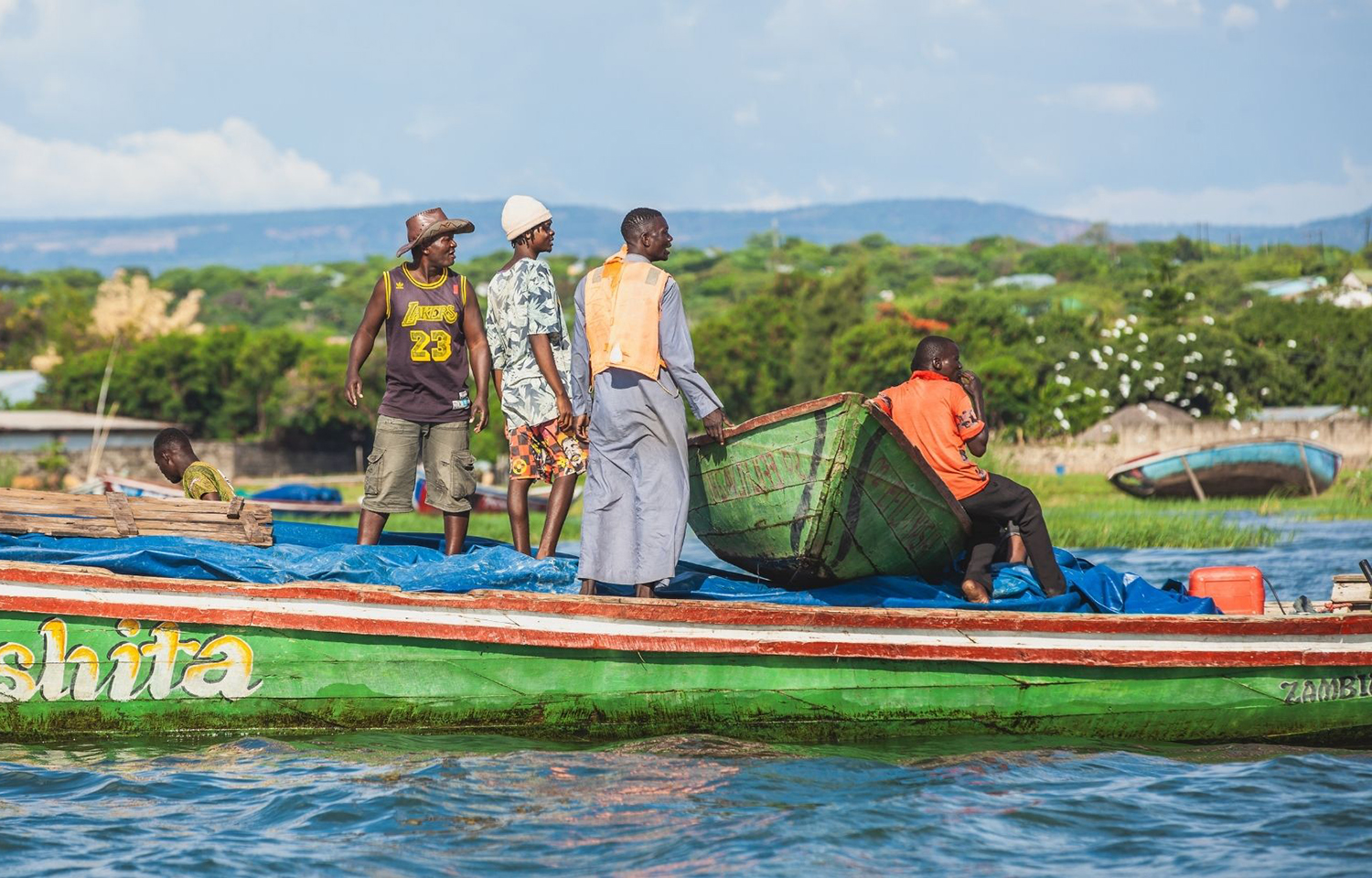Zambia and Kyrgyzstan have been picked to benefit from a program spearheaded by the United Nations’ Food and Agriculture Organization (FAO) aimed at boosting the aquatic production of landlocked countries.
The four-year USD 3.9 million (EUR 3.4 million) “Sustainable Fish Value Chains for Landlocked Developing Countries” program, backed with financing from South Korea’s Ministry of Oceans and Fisheries, entails a broad range of activities such as improving market access for stakeholders, enhancing fish handling and processing methodologies, and supporting the two countries’ governments in developing and implementing effective fisheries policies and regulatory frameworks.
“Zambia and Kyrgyzstan were selected as they represent distinct yet complementary cases among landlocked developing countries, as both face challenges such as limited access to marine resources, high transportation costs, and inherent difficulties of geographical isolation from international markets,” FAO Communications Coordinator Raffaella Rucci told SeafoodSource. “In Zambia, fish consumption exceeds fish production, highlighting the need for improved capacity and aquatic value chain development. In Kyrgyzstan, there is potential to enhance inland fisheries and aquaculture value chains, which could improve food security and drive economic growth.”
Rucci added that the project will help to ensure a range of aquatic stakeholders can diversify their incomes, have greater access to financing, and improve investment opportunities.
“The project will engage a range of stakeholders who could include local and regional institutions, private sector actors, and research institutions, as well as other development partners for fostering synergies and further investment and funding opportunities,” she said.
One reason for the project, according to FAO, is that seafood consumption within landlocked developing countries is growing at 3 percent annually, which is higher than the global average of 1.4 percent.
“By focusing on strengthening aquatic food value chains, we hope this project will serve as a model for effective official development assistance and inspire future collaborations,” South Korea Director of the International Cooperation Division at the Ministry of Oceans and Fisheries Jin-hee Seo said.
The initiative is expected to commence around May 2025 and run through 2028.
Source - https://www.seafoodsource.com













